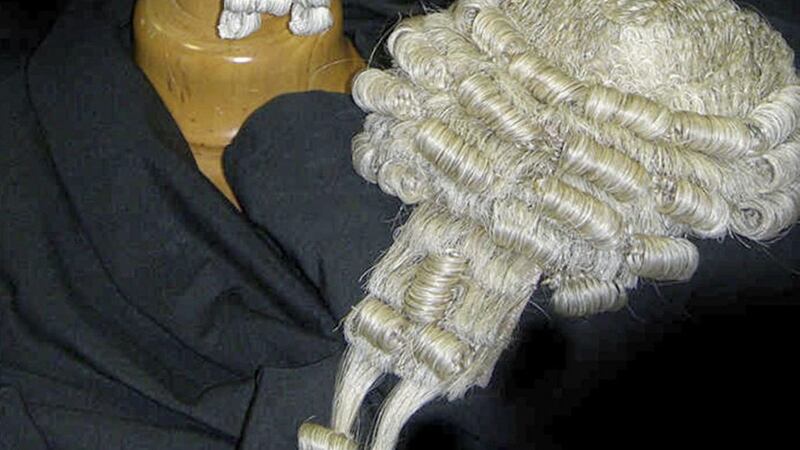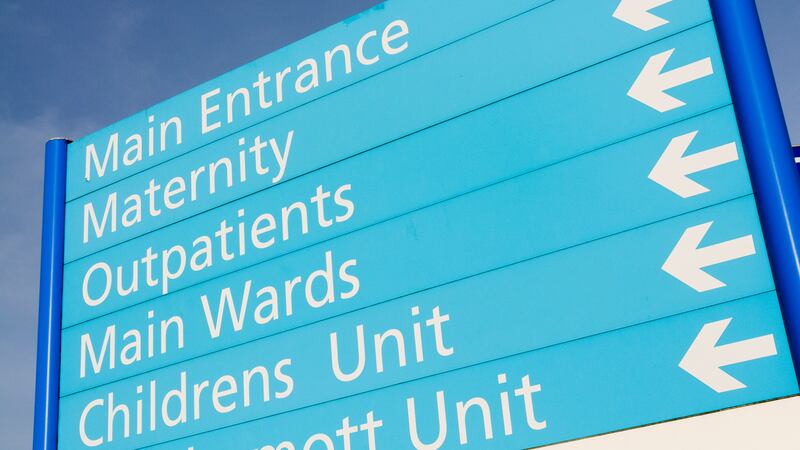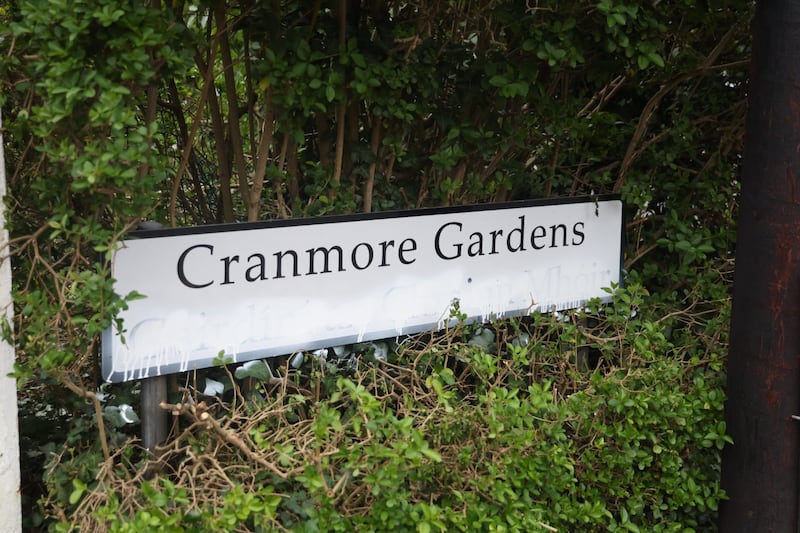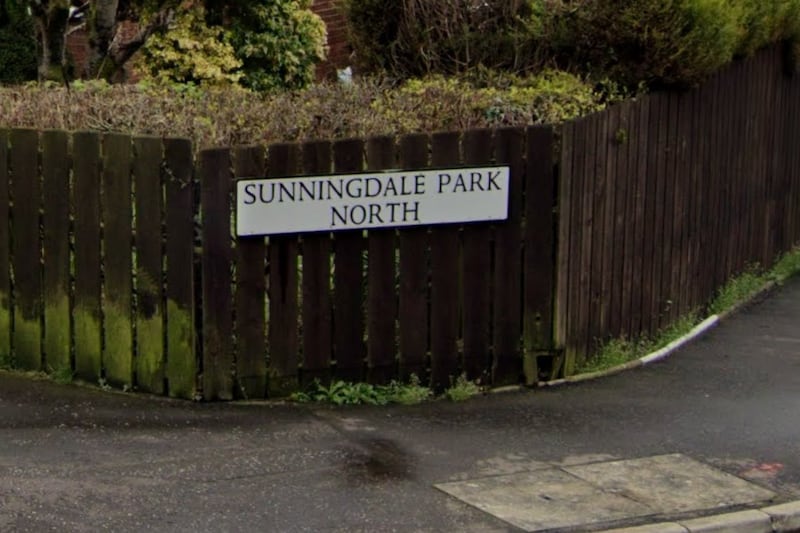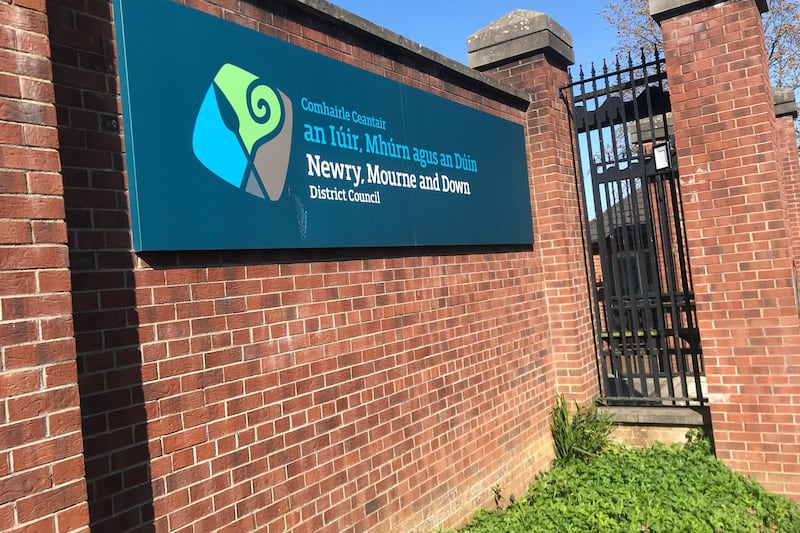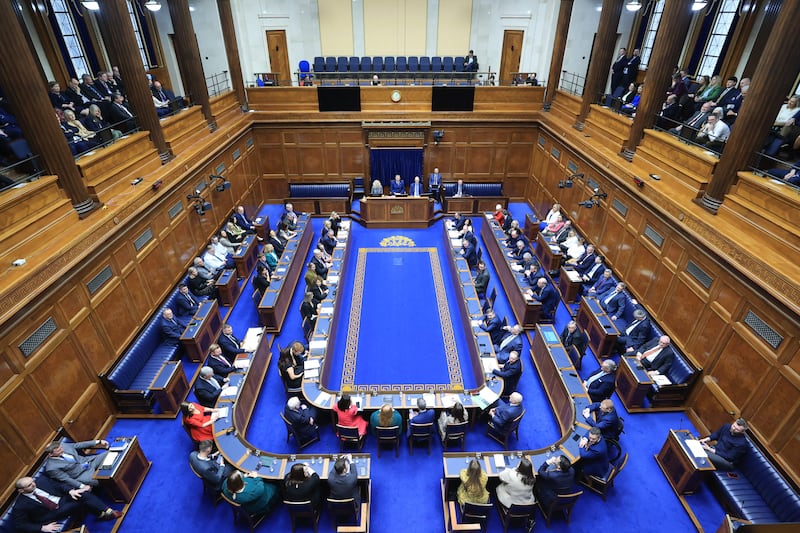THE ongoing dispute between the DUP and Sinn Féin over an Irish Language Act is prefigured in previously confidential files released today in Belfast.
The papers highlight Irish government pressure on the British in 1992 for the adoption of a Welsh-style Irish Language Act in the north.
They also reveal how British efforts to legalise the use of Irish in courts unexpectedly encountered difficulties with the Lord Chancellor.
The files contains a paper on the Irish language in Northern Ireland submitted by the Irish side in the Joint Secretariat at Maryfield, Co Down for consideration by British officials.
Irish officials claim that the language falls under Article 5(a) of the 1985 Anglo-Irish Agreement in regard to respect for cultural heritage and identity.
"Implicit in this", the paper states, "is a recognition and acceptance that the Irish language is an important part of Irish national identity".
The Irish officials recognised recent progress through the establishment of the Ultach Trust and a question on the language in the 1991 Census.
However, the Dublin government believed that some of their long-standing concerns remained unaddressed.
This included, in particular, the repeal of the 1949 Stormont Public Health and Local Government Act which prohibited Irish street names.
Irish officials argued that "the Irish language should be given parity of esteem with English" and legislation should be introduced "similar to the Welsh Language Act of 1987".
The files reveal a clear effort by the Northern Ireland Office to enable litigants to use Irish in courts.
In a letter to the Lord Chancellor, Lord Mackay of Clashfern, agreement had been sought to amend the 1737 Administration of Justice (Language) Act (Ireland) which had enacted that only English could be used.
In his reply, Lord Mackay agreed in principle to the removal of this barrier while treating Irish as "a non-indigenous language".
The Lord Chancellor’s reply did not satisfy DJ Watkins, of the Stormont Central Secretariat, who felt that his approach was at variance with the British government’s more "liberal" stance.
As a result, he advised Secretary of State Patrick Mayhew to write asking the Lord Chancellor to consider the issue further.
In his letter, dated November 11 1992, Mr Mayhew expressed the view that the retention of the 1737 Act would conflict with the "liberalising approach" of the government which sought to place Irish on the same level as Welsh in the courts.
In support of this approach, Tony McCusker, a Stormont official, also stressed "the fact that the government was seeking to depoliticise the Irish language".
In such circumstances, he informed J Bailie of the Northern Ireland Court Service that "a negative approach by the judiciary would undoubtedly be seen as political".
The issue arose in the Belfast courts in 2010 when an attempt by a private citizen to permit the use of Irish in the court was rejected.
